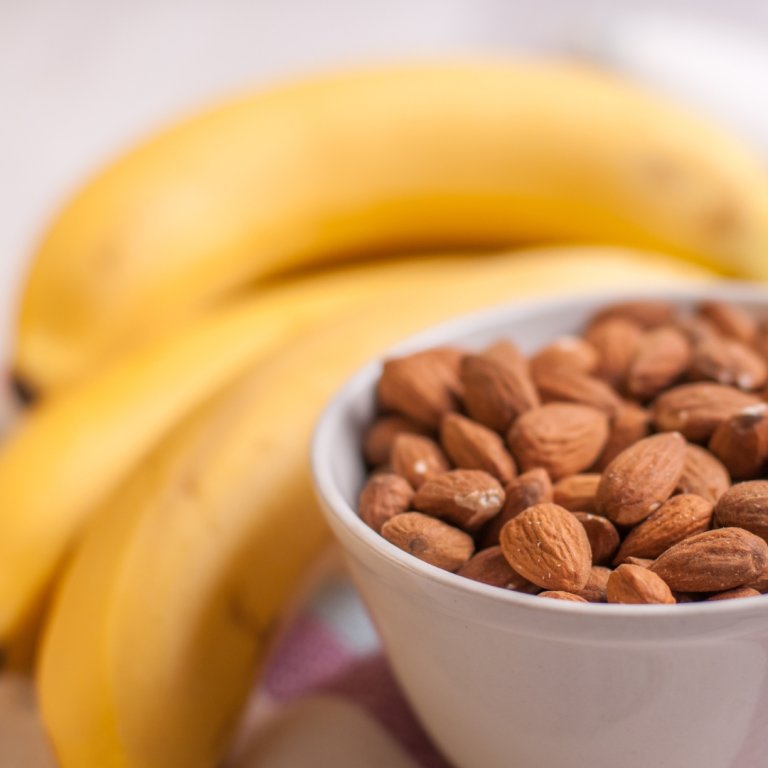The link between nutrition and tinnitus
You may have heard about the magnesium tinnitus link, with some going as far as to say that “magnesium cured my tinnitus”! And while magnesium has shown to be beneficial for ear nutrition, there is currently no concrete evidence that suggests certain foods can improve or worsen tinnitus.
However, we do know that maintaining a healthy, balanced diet can be crucial – not only for our general well-being, but also for our hearing health – which in turn will have a positive impact on any tinnitus symptoms.
On the other hand there’s also very little evidence to suggest that foods can have a negative impact on tinnitus. But as always, moderation is key to a healthy lifestyle – and it’s particularly important to moderate your intake of things like sodium (salt), caffeine, alcohol and tobacco.




